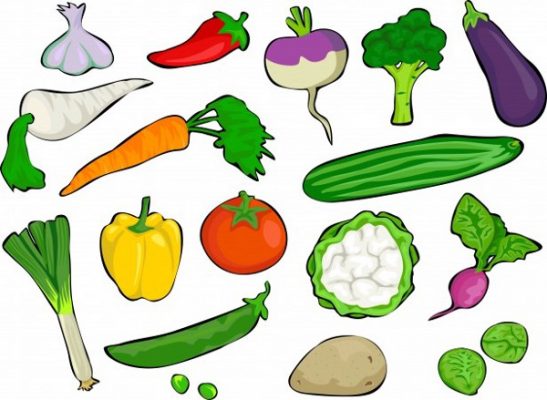
I want to become a vegetarian. How do I get started?
There is a lot to consider when changing your diet, especially if you don’t do the grocery shopping or cooking for your household yet. We turned to our MSAHC nutritionist, Elizabeth Tripp, MS, RDN, for guidance from someone who talks with young people about healthy eating every day. The best first step for you would be to talk to a nutritionist or health care provider of your own; come up with a realistic plan, taking into account your nutritional needs, likes and dislikes, and ability to cook for yourself. If you’re still eating meals at home with your family, you can have a conversation to let them know you’re thinking of becoming a vegetarian. You can even offer to help out with shopping and cooking to try and get them on board!
While a vegetarian diet can be certainly be well-rounded and healthy, our nutritionist cautioned that vegetarians do have to work a little extra hard to get some essential nutrients. Four of the most important are protein, iron, calcium, and vitamin B12. Diversifying the types of vegetables, grains and legumes you eat is an easy way to make up for these gaps. Try legumes like lentils for protein and iron, leafy greens for iron and calcium, and eggs and yogurt for B12. You can also take a multivitamin if you’re having trouble getting enough iron or B12 from your diet — this can be particularly necessary if you’re a vegan. Also, watch out for what fills the gap that’s left in your diet when you give up meat — make sure you’re not just replacing wings and burgers with fries and candy. You actually have to pay attention to the “veg” part of “vegetarian”!
Keep in mind that you don’t have to overhaul your whole diet. Don’t worry about going out and buying fancy meat substitutes, at least at first. Transitioning into vegetarianism can be as simple as thinking about meals you already eat that can easily be made vegetarian by adding or subtracting ingredients. For example, beans and rice make a delicious complete vegetarian protein! It is fun to try new things, though, and learning to cook vegetarian can be a great way to branch out on new foods once you’re comfortable — quinoa, tofu and tempeh are all awesome sources of vegetarian protein that are hard to pronounce, but easy to cook.
Spend a little time thinking about exactly why you want to become a vegetarian — this can help you stick to your plan, as well as give you a well-reasoned argument for skeptical friends or family. Also keep in mind that you can get a lot of the health and environmental benefits of vegetarianism by simply eating less meat. Try starting a “Meatless Monday” tradition!


